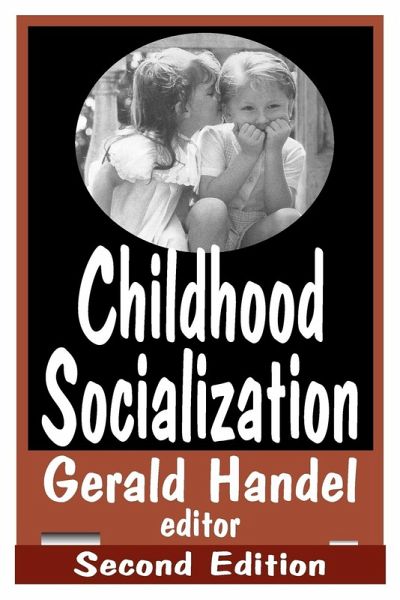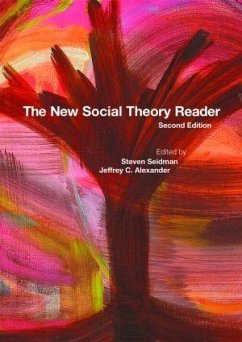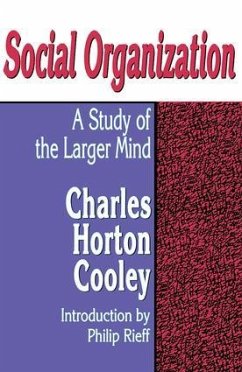
Childhood Socialization

PAYBACK Punkte
30 °P sammeln!
This collection of authoritative studies portrays how the A basic agencies of socialization transform the newborn human organism into a social person capable of interacting with others. Socialization differs from one society to another and within any society from one segment to another. Childhood Socialization samples some of that variation, giving the reader a glimpse of socialization in contexts other than those with which he or she is likely to be familiar. In the years since publication of the first edition of this book in 1988, childhood has become a territory open to broader sociological...
This collection of authoritative studies portrays how the A basic agencies of socialization transform the newborn human organism into a social person capable of interacting with others. Socialization differs from one society to another and within any society from one segment to another. Childhood Socialization samples some of that variation, giving the reader a glimpse of socialization in contexts other than those with which he or she is likely to be familiar. In the years since publication of the first edition of this book in 1988, childhood has become a territory open to broader sociological investigation. In this revised edition, Gerald Handel has selected and gathered new contributions that analyze the agents of socialization, including family, school, and peer group,, and explore the influences of television and gender. The balance of classical studies and more recent work reflecting changes in the family structure renews the centrality of this anthology for courses in the social psychology of children up to adolescence. The book is divided into nine parts: "Socialization, Indi-viduation, and the Self; "Historical Changes in Attitudes Toward Children"; "Families as Socialization Agents"; "Daycare and Nursery School as Socialization Agents"; "Schools as Socialization Agents"; "Peer Groups as Socialization Agents"; "Television and its Influence"; "Gender Socialization"; and "Social Stratification and Inequality in Socialization." While socialization continues on into the adolescent and adult years, childhood socialization is primary, essential in creating the human person and in shaping the identity, outlook, skills, and resources of the evolving person. Childhood Socialization is a dynamic volume that will be of continuing interest to students and scholars of family studies, sociology, psychology, and modern culture.














